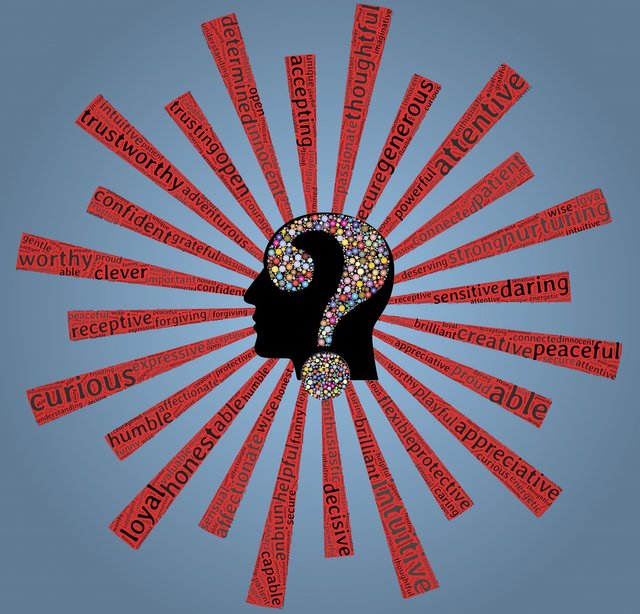There Is Nothing Wrong With You
When you read the title of this article were you skeptical that there was some sort of catch to it. A catch that would prompt you to feel embarrassed or ashamed that not only was there something wrong with you, but it is really worse than you feared.
No doubt you have been admonished from early childhood with the statement: "What is wrong with you? Why did you do that? Why didn't you do that?" These questions usually asked with a demanding tone of voice with power over body language, imply blame, fault and inadequacy. Having heard these questions from the most important authority figure in your life--your parents and subsequently the second most important authority figure--teachers, clergy, et al, you have carried these admonishments into your adult inner dialogue.
Let me reassure you 'There Is Nothing Wrong With You.' You are perfect. You are perfectly perfect in all that you do. All that you do is done for a reason. The reason may be elusive, but nonetheless, there is a perfectly good reason why you do what you do--no matter how uncomfortable or unreasonable you or others may deem it to be, there are perfectly good reasons for your behavior and feelings.
The key to discovering the perfectly good reason is to go within to find the puzzle pieces and to sort out what has prompted you to do what you do--no matter how disquieting, uncomfortable or shameful.
Asking yourself the question, "What did I experience growing up and how did it impact me?--allows you to begin the process of discovering the source of your pain and to heal the wounds. When you stop believing there is something wrong with you and begin to make choices from a place of perfect freedom--amazing healing takes place.
Some issues and wounds are too elusive or deeply painful to resolve alone. In which case you might need to engage with a professional who practices mind, body, spirit healing. Engaging with a professional, who focuses on 'root cause' versus symptoms is paramount.
What is the difference between treating 'symptoms' and treating 'root cause?' Treating symptoms focuses on the symptomatic coping mechanisms used to survive the pain, i.e. drug/alcohol abuse, eating disorders, depression, anxiety, panic attacks, co-dependency, chronic fatigue syndrome, migraine headaches, arthritis, cancer, MS, sexual addiction, etc. Treating 'root cause' focuses on the experience you endured--the emotional hurt, physical or sexual trauma, and the ensuing aftereffects. Uncovering the pain and healing the emotions associated with that pain is the key to healing.
